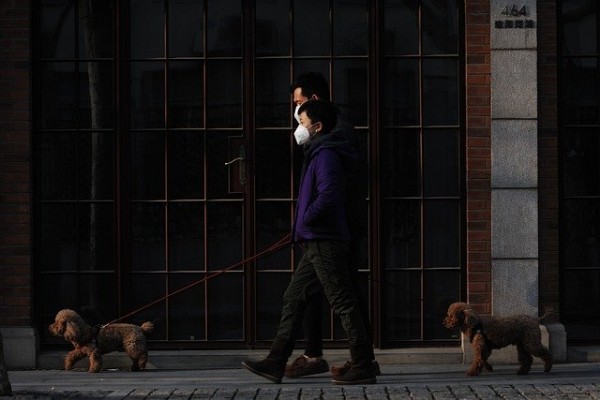COVID-19 Test Kits Could Be Reporting False Negatives, Experts Say

One of the important components of getting the country back on track is widespread testing. But lately, there has been a growing concern about the accuracy of COVID-19 tests.
In a report, these apprehensions stem from the fact that there are tests, which will miss the virus, and a COVID-19 positive person won't truly know if they have it or not. When the pandemic appeared, tests in many places were so scarce that only the sickest could be tested.
Test kit demands were an all-time high in the United States, and some of them were hastily manufactured to answer the demand all over the country. No test may be perfect, and it comes with other hurdles, such as a shortage in collecting samples and the chemicals needed to process them.
Some laboratory facilities that don't have the equipment or capacity to do enough testing are forced to send them to the big commercial players. This then creates a considerable delay for as long as two weeks before the results are processed. One method of testing is through a long nasopharyngeal swab.
ALSO READ: "Just the Tip of the Iceberg" Chinese Bat Virologist Warns of Another Global Outbreak
"The false negatives are mainly due to specimen acquisition, not the testing per se. You're sampling blindly. You're hoping you get the right spot. Then as the disease progresses, the virus might migrate down into your lungs. You have to be at the right place at the right time," explained Dr. Alan Wells, medical director for the University of Pittsburgh Medical Center clinical laboratories and a professor of pathology at the University of Pittsburgh.
Wells also isn't quite ecstatic about testing salivas, which are collected in a test tube.
"The reason for pharyngeal swabs is the virus preferentially infects and replicates starting way back in the inner cavities of the nose and not out in front," adding that these saliva tests have up to 50 percent chance of missing out on asymptomatic COVID-19 cases.
DON'T MISS THIS: PPE to Be Upgraded With Special Fabric That Eliminates Viruses on Contact
In a report, testing for the coronavirus is a substantial procedural misstep because it is now impossible to take into account how many have become sick all over the place. With the return of businesses to normal, there's now the need for widespread testing for those who show no symptoms to have a targeted area for quarantine.
Meanwhile, a study reported promising results of their trials with rhesus macaque monkeys. In this study, the research team manufactured six different DNA vaccines to create an immune response in opposition to the SARS-CoV-2 spike protein.
Researchers also found a new lead for an antibody from a SARS survivor. In their test, they explained that antibodies present in the blood of someone who had recovered from SARS could also play a major role against SARS-CoV-2.
IN CASE YOU MISSED IT: Kawasaki-Like Illness Linked to COVID-19 Now Affects Teens, Including the Heart and Other Organs
May 29, 2020 07:57 AM EDT





